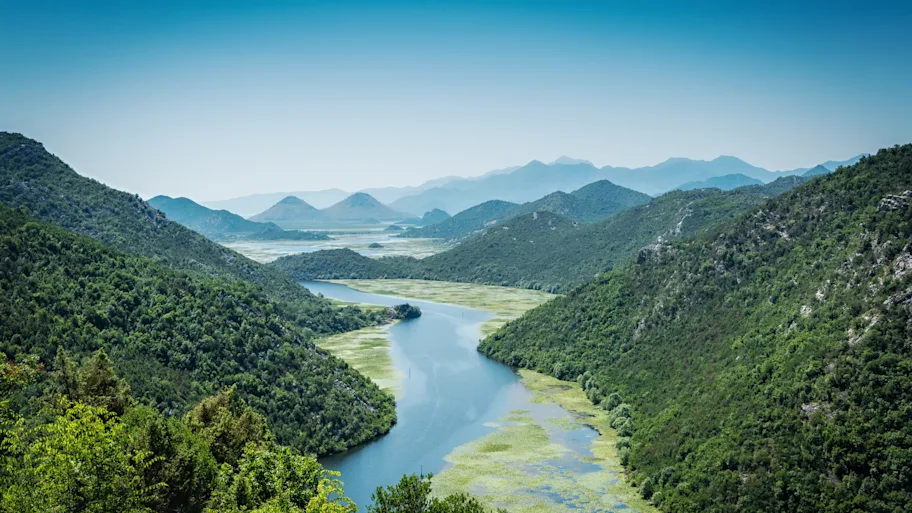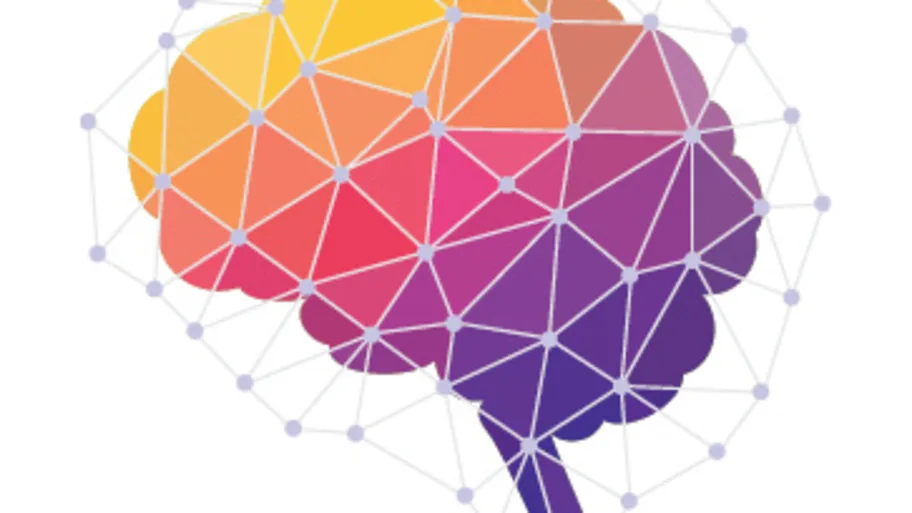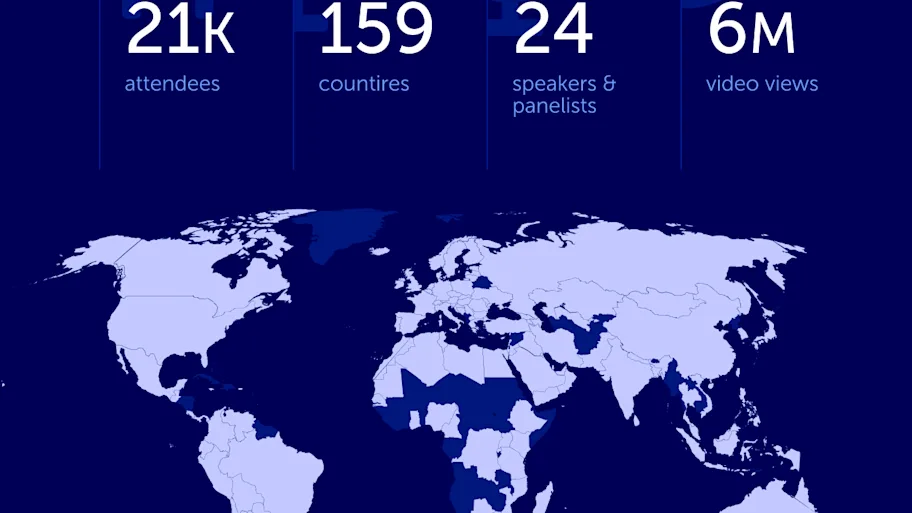
- Science News
- Frontiers news
- Jayati Ghosh – It’s not just analysis, it’s a call for action
Jayati Ghosh – It’s not just analysis, it’s a call for action
Author: Sorcha Brennan
Professor Jayati Ghosh taught economics at Jawaharlal Nehru University in New Delhi for nearly 35 years, and since January 2021 she has been a Professor of Economics at the University of Massachusetts Amherst. She has authored and/or edited 20 books and more than 200 scholarly articles. Recent publications include When Governments Fail: Covid-19 and the Economy, Informal Women Workers in the Global South, and Demonetisation Decoded.
Jayati has advised governments and consulted for international organizations, including the International Labour Organization (ILO), United Nations Development Programme (UNDP), United Nations Conference on Trade and Development (UNCTAD), United Nations Department of Economic and Social Affairs (UN DESA), United Nations Research Institute for Social Development (UNRISD), and the United Nations Entity for Gender Equality and the Empowerment of Women (UN Women).
She is also a member of several international boards and commissions, including the United Nations High-level Advisory Board on Economic and Social Affairs and the WHO Council on the Economics of Health for All. In March 2022, Jayati was appointed to the United Nations Secretary General’s High-level Advisory Board on Effective Multilateralism, mandated to provide a vision for international cooperation to deal with current and future challenges.

Photo credit: Jayati Ghosh
Could you first tell us what brought you down the path of becoming a development economist and specifically researching global inequality?
“Well, if you grow up in India, you're always aware of both lack of development and inequality because they’re so all-pervasive, but I actually started studying sociology because I was interested in society. However, I realized that I wasn’t getting a lot of the real forces that make these disparities, so that's why I switched to economics. After decades of doing economics, I now feel that you can't understand the economy without looking at society. I believe that we have to get away from these disciplinary divisions as they sometimes harm us, rather than help us.”
Completely, siloing knowledge into closed, hyper-specialized categories often means that disciplines end up communicating poorly to each other. It’s really great that you’re returning to your sociological lens after many years. I know that in your recent work, you've been talking about how inequality is a huge driver of the climate crisis. Could you speak a bit about that dynamic?
“One of the reasons that inequality has become even more pressing is because it actually underlies some of the central challenges that we face as humanity, particularly the climate crisis. It's also evident in things such as health crises, like the pandemic that we've just experienced. It’s not just that these occurrences reveal inequality and result in more inequality, but they're also driven by inequality in unequal access to infrastructure and survival amenities. In the case of climate change, there is unequal access to the knowledge, technology, and finances that would help to combat it. There is no way in which we can either understand or address the major global challenges of our time without factoring in the tremendous inequality.
Keeping with the topic of climate change, one part of the inequality is evident and it's the discussion about carbon debt. There's one estimate that says that 80% of the carbon emissions between 1850 and 2011 (more than one and a half centuries) were caused by rich countries who made up 14% of the global population. However, people might say, ‘Wait a minute, in the 1850s, nobody knew about carbon. Nobody knew that this was an issue, so why are we blaming our ancestors for things that they were not aware of?’ Well, it turns out that half of those emissions occurred in the last 30 years of this time period, after 1980, when people knew, when governments knew, when the scientific community knew, and when industrialists and investors knew, yet we continue to do this. Even today, we know that this small group of rich countries, who account for a very small proportion of humanity, will account for about 65% of carbon emissions over the next decade.
The second aspect is inequality within countries and this has grown dramatically over the last two decades. There are some very good estimates done by Lucas Chancel of the World Inequality Lab in Paris taking a look at the inequality data, not just income and assets, but also in terms of carbon emissions. These estimates and studies by Oxfam have some horrifying results. Globally, the top 10% of the richest in the world account for more than half of all emissions — and that’s the global 10%, not just in the US and Europe. It's in my country, India, it's in China, Brazil, Nigeria, and so on. Furthermore, within-country inequality in carbon emissions is now greater than between-country inequality. That’s another very striking fact, it's not us versus other countries, it's the collective rich.
The next startling fact is that the carbon emissions of the rich have increased over the last 15 years. If you look at the top 1% or the top 0.1%, the emissions have risen significantly, whereas the carbon emissions of the bottom half of the population have decreased in every region, including in North America and Europe. In other words, most people are lowering their carbon emissions.
We have to address that inequality if we want to address climate change. A lot of my recent work has been looking at the policies designed to mitigate and adapt. Yet in both of those cases, we are not taking into account these basic facts. Take, let's say, a border carbon tax. The European Union has already got one, the US is thinking of one, but this is just a protectionist device that is going to hit production and poor people in the developing world. Why are we not thinking of taxing the consumption of the rich? Why are we not thinking of prohibiting certain kinds of consumption? These are easy, low hanging fruit and there are many other similar measures that would recognize the role of inequality in adding to our climate problems. With the correct political will, we could actually implement them very easily.”
As you know, this blog post is linked to two Sustainable Development Goals, in your past work, you have criticized the SDGs specifically in relation to South Asia, that they they don't go far enough being only aimed at improving the living conditions of low-income countries without any sort of real, transformational economic policy. This seems to be a massive issue across many divides, not just the climate crisis. Have you seen any changes in the conversation towards more structural economic transformation and do you think that COP 27 was a step in the right direction for these dialogues to meaningfully shape future solutions?
“I wish I could say yes. I wish I could say there’s been a positive directional move towards thinking about transformations, but I think my critique of SDGs has to be tempered by the fact that they are no way near being met. The reason I would argue is that in terms of design, there were all these different goals seen as separate silos. However, they’re so hugely interlinked. You cannot address hunger unless you actually do the structural transformation which is there in the SDG on employment and decent work and so on. I realize how difficult it is to get international agreement on anything, so I appreciate that it's not something you can simply mandate. On the other hand, the fact that they are so far from being met, especially in countries where they were needed the most, tells you that there was something in the design that was not right.
The problem is that it is partly a question of national will and national political economy changes and partly a question of the global architecture that actively prevents the realization of some of these goals. For example, we don't explicitly say that the current regime of intellectual property rights — which concentrates knowledge and technology in private hands and does not allow dissemination of the most essential knowledge — is operating against all our goals. That's not going to help you to meet your climate challenge, your health challenge, or your diversification challenge. We don't recognize the way finance is organized today. Predominantly private, deregulated finance sloshing around the globe responds to monetary and fiscal policies in rich countries, while causing huge collateral damage to the developing world. We're expecting countries to achieve all these goals while they’re being buffeted by these stones. We have to do something with the global financial architecture to reduce or prevent this. However, we're also not recognizing the way in which formal institutions of the global economy such as the International Monetary Fund, the World Bank, etc., are not fit for this purpose. They are not designed to meet long-term development challenges, ecological challenges, or planetary challenges. They are designed to give short term fixes and sometimes those short-term fixes are directly in contradiction with the SDGs. We really have to get serious not just about reforming, but transforming the international architecture.”
On the topic of radical economic transformation and interdisciplinarity; your work demonstrates the necessity of bringing forth experts of different knowledge bases, from varying sectors of society and understanding how we can work together in order to transform our systems in a sustainable way. Therefore, could you talk a little bit about the Earth 4 All initiative that you are involved in, alongside other prolific figures like Sandrine Dixson-Declève (Club of Rome) and Johan Rockström (Potsdam Institute for Climate Impact Research)? The project also included the eponymous 2022 book described as a ‘call to action’ that argues for a profound systemic shift in our socio-economic processes in order to tackle multifaceted dilemmas such as climate change, poverty, gender inequality, etc.
“I feel very privileged to have been part of that project because it brought together iconic figures who were responsible for the first Club of Rome report The Limits to Growth, whose models have been proved largely valid alongside a range of other scientists, environmentalists, social scientists, philosophers, and economists. This Transformational Economics Commission was a great group of people. We all have similar broad goals, but we come from very different perspectives with different life experiences and concerns. This led to many productive discussions. It really brought home to me how rich and satisfying truly interdisciplinary work can be.
The book is also very important because it's talking about how change is achievable. It's so easy to be hopeless when you think of the scale of challenges and how rapidly everything is deteriorating. This project is suggesting that it can be done and that it requires big, but doable transformations. All of this was done by human agency, so it can be undone and redone by human agency.
In the five big transformations that the book mentions, the eradication of poverty is absolutely central and that includes all of the things we’ve talked about with the national and international architecture. The second is inequality reduction; I've been mentioning how significant it is even with respect to climate and the planet, but it's critical in every other way. Especially if we want to have minimally stable, harmonious, livable societies because extreme inequality is not just economically disastrous and ecologically devastating, it's also socially unpleasant.
The third transformation in terms of women's empowerment is also key. We know economic, ecological, and social forces adversely affect women and girls more. Partly because of the gender construction of societies, women have become the bearers of alternatives. Within communities, women are responsible for provisioning, they are responsible for survival, maintenance, and reproduction. They are the ones guarding traditional knowledge and thinking of ways to make adaptation something possible within communities. There is a Chinese saying that women hold up half the sky, well at the moment it's more than half. I think it's preventing even worse disasters from happening. We must recognize the critical role that empowering women will play and in a much wider sense in terms of living in harmony with nature and the planet.
The fourth transformation is our food systems, which are broken. These systems are so globalized, unhealthy, chemically-based in all the wrong ways. They rely on everybody getting fresh strawberries all year round, luxuries which are neither necessary, nor desirable, and certainly, carbon-wise, very expensive. We really need to transform our global food systems, to move away from a heavily commercialized and chemical agriculture to one that relies much more on local produce, on enabling and living with the current environment and a nature that is changing. By using traditional knowledge, we give validity and viability to smallholders — small cultivators in agriculture — rather than the big corporations, whose profit orientation is going to continue to contribute to the degradation that we have seen.
And the fifth transformation is energy; the turnaround we have to see in terms of electrifying everything. This really does mean a huge change in our infrastructure with all of these new, greener types of technology, whether it's solar and wind power, batteries, retrofitting our homes, or smartening our urban infrastructure. All of these require huge investments and new technologies and that's where the inequalities mentioned earlier become very significant. Once again, you can't do this without giving people wider access. The way it's done now with this recent regime of intellectual property is actually an impediment to technological progress because you need access to patents that are not granted. You need access to different kinds of information, which companies hold on to because they want to monopolize and make a profit. Without this, you will not access the basic technological knowledge you need for either climate mitigation or adaptation.
It doesn't make any sense for us to be controlling knowledge in this way. As mentioned, it's really recent, and the result of lobbying from a few sectors. Yet somehow, everyone thinks it’s written in stone, it can't be changed; it has to be changed. Similarly, we need to move away from fossil fuels and encourage investment in green options, even if that means regulation. All we have to say is ‘if you make a one dollar investment in fossil fuel, you have to invest 10 dollars in green.’ It's easy to regulate, it doesn't have to be a tax.
The one turnaround we didn't mention yet, which is essential for all the other turnarounds, is the transformation in people's knowledge recognition and mobilization. So that book, it's not just analysis, it's a call for action and it's telling people: these are the things that have to be done for the sake of the planet. These are things that can be done, it requires political will. Therefore, these are the things we have to mobilize for and make so much noise that governments cannot avoid it.”
Absolutely, it’s really quite unique and wonderful to hear someone link all of these complex systems together because often that's where we lose people, we need more of these multilateral approaches.
“The term you used just reminded me that one of the great joys of working on this project is precisely that everybody came to it from a systems approach and that's why we could work together because all of us recognize that everything is interlinked. The reason the interdisciplinarity worked is because we weren't just thinking, ‘I’m an economist talking to a scientist’ or ‘I'm an economist talking to a philosopher.’ It was because we recognized that these are interlinked in a system in which things that appear to have no relation can have huge ramifications on each other. So yes, the systems thinking was fundamental in driving this approach and I hope this work has some wider impact.”


Frontiers is a signatory of the United Nations Publishers COMPACT. This interview has been published in support of and United Nations Sustainable Goal 5: Achieve gender equality and empower all women and girls and United Nations Sustainable Goal 13: Take urgent action to combat climate change and its impacts.






